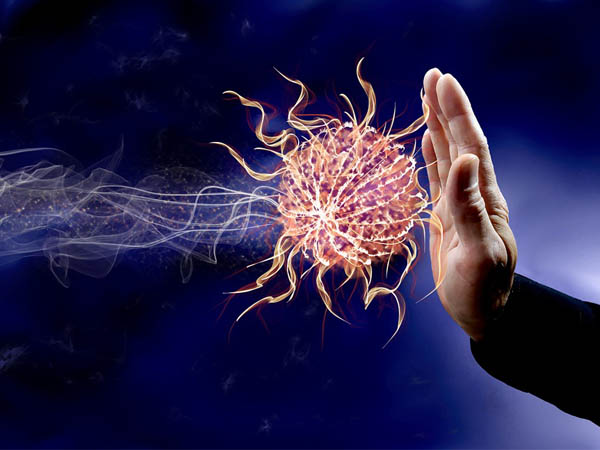
Posted in: Cancer by Dr. Tarang Krishna Posted Date: 23 Aug, 2014
Cancer stage is a term that denotes the stage of the cancer, when it is first diagnosed. Being sure of what stage the disease is at, is very important, because it paves the way for deciding the best course of treatment to be undertaken when treating cancer. Doctors use a variety of ways to describe these “Stages”. Usually, stage 0, is referred to as in situ cancer. Stage 1, denotes localized cancer, and if it spreads further, locally, this means it is in stage 2. Stage 2, also sees this spread to the nearest lymph nodes, and stage 3 indicates more involvement, in terms of the lymph nodes, and stage 4 shows the final, or the distant stage. Stage is very important, in the prediction of the cancer’s effect, on the person who has it. The higher the stage, the worse is the effect, usually, Cancer treatment, aims to improve the prognosis, both in prediction and in terms of reality. Stage 0 “in situ” A cell that turns cancerous, usually does so, in the company of other similar cells. Often, and this is usually, but not always the case, it can produce a tumour right there in that very tissue, in a way that poses little to no threat, at that particular time. This is cancer, in the position where it started. It is also known, that some cancers, never go beyond this early stage.
Stage 1 or localized cancer.:-
A cell that turns cancerous usually does so, in the company of other similar cells. Often, and this is usually, but not always the case, it can produce a tumor right there in that very tissue, in a way that poses little to no threat, at that particular time. This is cancer, in the position where it started. It is also known, that some cancers, never go beyond this early stage.
Stages 2 and 3
Once the cancerous cells have invaded, one of its offspring cells invades through a lymph vessel, which is all the time exuding into tissue, from our blood vessels. A lymph vessel is like a blood vessel that carries the clear fluid called lymph. On its way to the blood stream, there are chances of this cell getting caught in the lymph node, and there might be an immediate immune system response against its spread. This is a more regional spread, and this means, that the cancer, has spread within the general region in which it first began, in a localized manner, and not to other body parts.
Stage 4:- The Distant Spread
This is a very dangerous stage, and it can be very varied. Cells in the lymph node lump spread further through lymph vessels to more distant lymph nodes, in the body, or into the blood stream. It may also happen that cells from the original lump, could invade a capillary, hence entering the blood stream. Either way, once they are in the blood stream, these cells can travel anywhere in the body, form new colonies and spread further, thus indicating the eventual spread of cancer, to the rest of the human body.







_1552549280.jpeg)